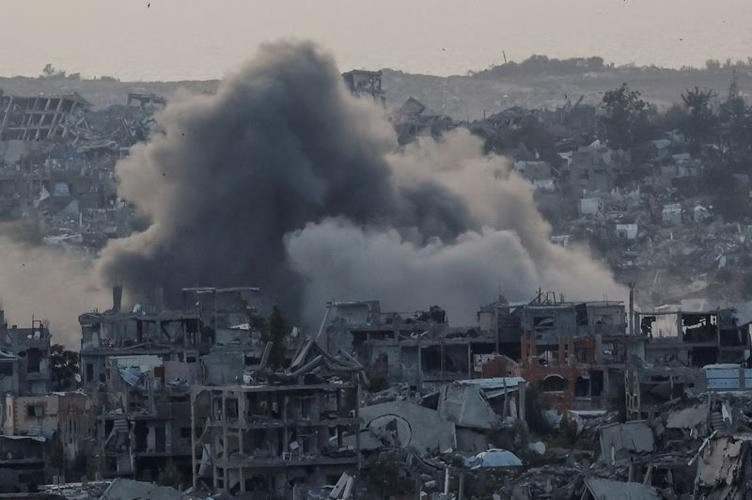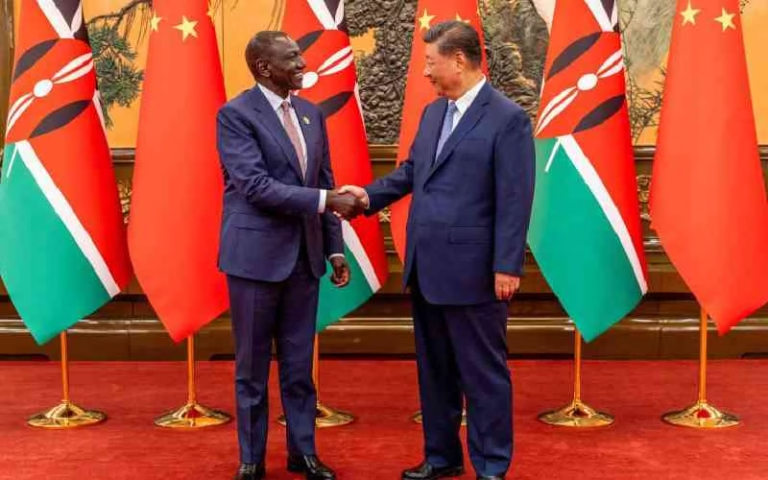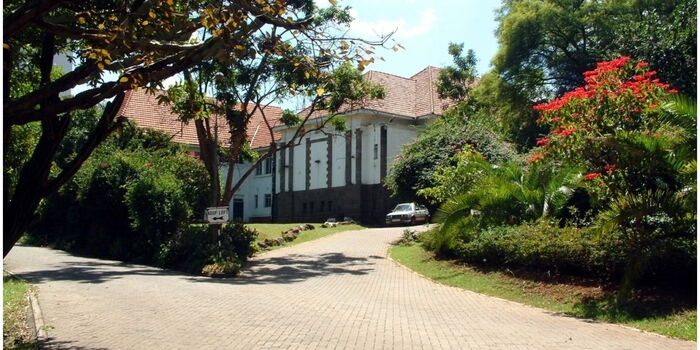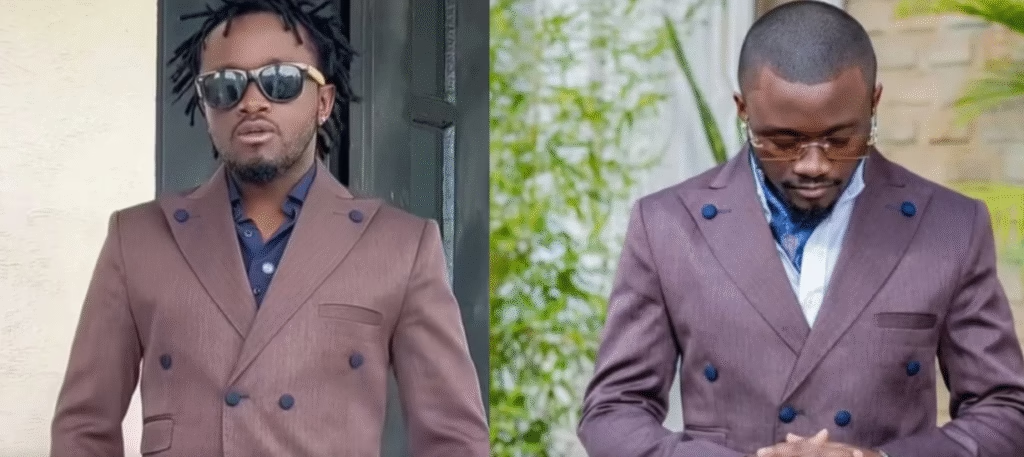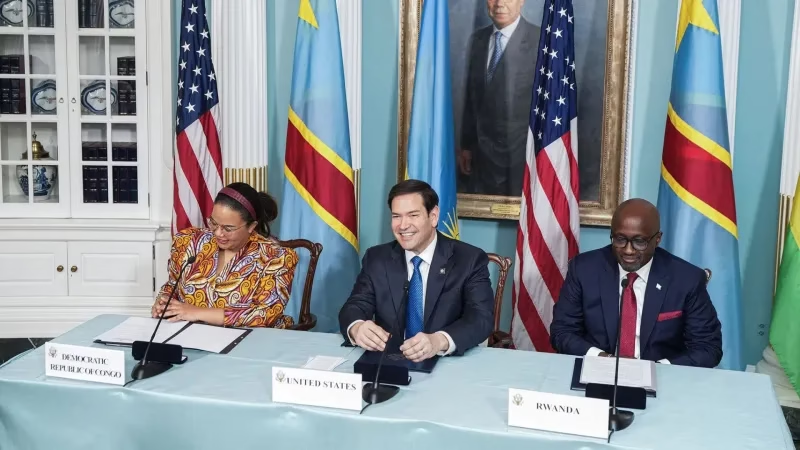
The United States has intensified efforts to stabilize the volatile relationship between the Democratic Republic of Congo (DRC) and Rwanda by mediating high-level peace talks and facilitating negotiations over lucrative mineral trade agreements. Washington’s involvement underscores its strategic interests in the Great Lakes region, especially concerning cobalt, lithium, and coltan—minerals vital to global tech supply chains.
Growing Rift: Congo-Rwanda Tensions Reach Critical Levels
Long-standing hostility between Kinshasa and Kigali has escalated in recent years. The DRC accuses Rwanda of supporting the M23 rebel movement operating in eastern Congo, a claim corroborated by independent UN reports. Rwanda, in turn, accuses Congo of harboring the FDLR—a remnant Hutu militia implicated in the 1994 genocide. The ongoing violence has displaced over 7 million people, prompting global humanitarian concern.
Recent diplomatic missions by U.S. Special Envoy for the Great Lakes Region, Ambassador Lucy Tamlyn, have focused on restoring diplomatic channels between President Félix Tshisekedi of DRC and President Paul Kagame of Rwanda. During her visit, Tamlyn emphasized ceasefire compliance, troop withdrawals, and the urgent need to reestablish bilateral commissions.
The U.S. is pushing both parties toward signing a formal peace accord that would not only address security concerns but also unlock multi-billion dollar investments in mineral infrastructure and regional logistics corridors.
The Mineral Stakes: Securing Ethical Supply Chains
The DRC hosts over 60% of the world’s cobalt reserves, while Rwanda plays a crucial role in the regional smuggling and formal trade of tin, tantalum, and tungsten (3Ts). American corporations, under pressure to ensure ethical sourcing, are actively partnering with Congolese stakeholders to trace mineral origins using blockchain and satellite surveillance.
Recent discussions involve the creation of a joint Congo-Rwanda Mineral Certification Authority (CRMCA), backed by U.S. funding, to monitor and regulate the cross-border flow of critical minerals.
U.S.-led financial institutions, including the International Development Finance Corporation (DFC), are expected to underwrite up to $1.2 billion in infrastructure loans and investments for projects in both Congo and Rwanda. These include:
- Expansion of Inga III Hydropower Project to support regional energy needs.
- Development of Rail Corridors linking DRC to the Indian Ocean via Tanzania.
- Construction of Conflict-Free Mineral Refineries in Kigali and Lubumbashi.
These investments are conditional on governance reforms, anti-corruption measures, and compliance with the U.S. Clean Minerals Act.
The African Union has welcomed U.S. involvement, viewing it as a counterbalance to growing Russian and Chinese influence in the region. Meanwhile, regional powers such as Uganda and Burundi are cautiously supportive, fearing the spillover effects of renewed conflict.
European partners have pledged parallel funding under the Global Gateway initiative, aligned with Washington’s diplomatic posture.
Despite diplomatic momentum, the situation remains fragile. M23 continues to occupy territory in North Kivu, and recent flare-ups have disrupted humanitarian corridors. Furthermore, with the DRC preparing for its 2025 general elections, internal political instability could derail peace processes.
Analysts warn that unless Rwanda and Congo implement joint military disengagements monitored by neutral observers, the cycle of accusations and retaliations will persist.
